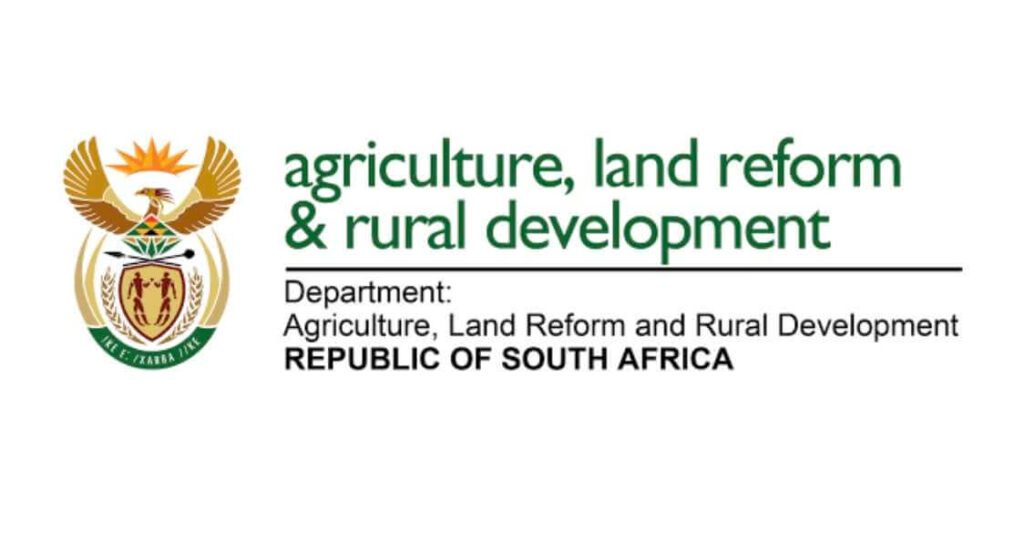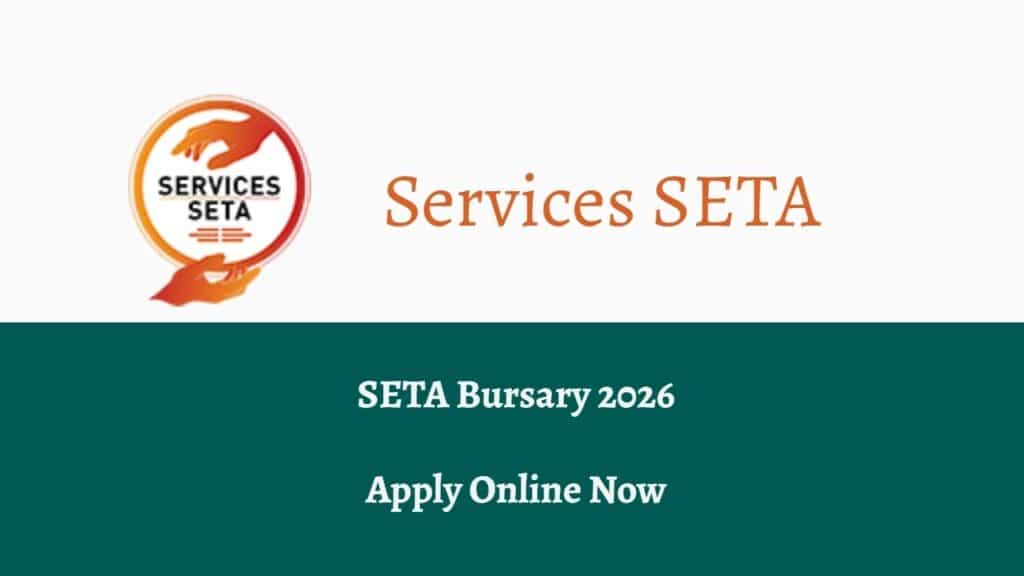- Funza Lushaka does not fund PGCE
- The DBE collect data of unemployed teachers, therefore has data of subjects
which are regarded as oversupply – therefore Funza Lushaka does not fund
subjects in the unemployment database, these are History, Geography,
Accounting, Economics, Business Studies and Physical Education - Funza Lushaka only fund South African Indigenous Languages (excluding English
and Afrikaans due to oversupply in those subjects) - Funza Lushaka does not fund the subjects with low uptake in schools: Religious
Studies, Music, Dance, Art - Combinations of Language and one content are discouraged as they disadvantage
schools during timetabling (the teacher can only teach one subject).
PROGRAMMES TO BE FUNDED - Two types of qualifications can be funded as shown below. The qualification must
include subjects which will allow the student to specialise as a teacher in at least
two priority subject areas.
Priority Subject Areas – are subjects that are identified by provinces and the
Departments of Basic Education as subjects where teachers are required in the
sector for teaching purposes (see next section below).
Undergraduate studies
- 4-year Bachelor Degree in Early Childhood Care and Education (B. Ed. ECCE) for ECD Grade RR- R
- 4-year Bachelor of Education degree (B.Ed.), specialising in one of the following: Foundation Phase (Grade R – 3), Intermediate Phase (Grade 4 – 6) and Senior and Further Education and Training Teaching (Grade 7-12).
N.B. A 1-year Postgraduate Certificate in Education (PGCE) is offered at Higher Education Institution (HEIs) but will not be funded in 2026
Funza Lushaka Bursary – The Bursary For Teachers
The Funza Lushaka Bursary was established by the Department of Basic Education (DBE) in collaboration with the National Student Financial Aid Scheme (NSFAS). Its primary objective is to provide financial support to students pursuing teaching qualifications, ensuring that the country produces qualified teachers in areas of high demand.
- The bursary is designed to address the imbalance and shortages in specific teaching specializations.
- As a result, it emphasizes subjects like mathematics, science, and languages, reflecting the areas in which there’s a dire need for skilled teachers.
- Other priority subject areas include some home languages that are short of teachers and teachers specialising in teaching learners with special educational needs.
What is Covered in the Funza Lushaka Bursary?
The Funza Lushaka Bursary is a comprehensive funding scheme that covers a significant portion of the student’s academic expenses. This includes tuition fees, accommodation costs, books, meals, and, in some cases, a small allowance for monthly living expenses.
Who Is Eligible For the Funza Lushaka Bursary?
To be eligible for the Funza Lushaka Bursary, applicants must:
- Be South African citizens
- Gain admission or be enrolled at an accredited public higher education institution in South Africa
- Commit to teaching in a public school for the same number of years they received the bursary
- Pursue a teaching qualification, especially in identified priority areas
Furthermore, preference is given to students who represent the demographic profile of South Africa, emphasizing the representation of those previously disadvantaged.
Internal Links:
- Apply Online: Teacher Interns 2026
- Mr Price Retail JumpStart Learnerships 2026
- South African Breweries (SAB) Trainee-ship 2025-2026
What Courses Are Covered By The Funza Lushaka Bursary?
There are two types of qualifications that are supported by Funza Lushaka.
Undergraduate studies or a 4-year Bachelor of Education degree (B Ed), specializing in Foundation Phase (Grade R – 3), Intermediate Phase (Grade 4 – 6), Senior Phase (Grade 7 – 9) and FET Phase (Grade 10-12); and
Graduate studies or One-year Postgraduate Certificate in Education (PGCE). Combined qualifications are also acceptable such as combined specialization in the Foundation Phase (Grade R – 3) and Intermediate Phase (Grade 4 – 6), or the Intermediate Phase and Senior Phase, or the Senior Phase (Grade 7 – 9) and FET Phase (Grade 10 –12).
The priority areas that are funded by the Funza Lushaka bursary are:
Foundation Phase (i.e. Grades R-3) – Foundation Phase (with preference for African Languages)
Intermediate and Senior Phase (i.e. Grades 4-9) – Preference will be given for a teaching major in TWO of the following:
- Languages
- Mathematics
- Natural Science & Technology
FET phase (i.e. Grades 10-12) – Preference will be given for a teaching major in TWO of the following:
- Accounting
- Agricultural Sciences
- Agricultural Technology
- Civil Technology
- Computer Applications Technology
- Economics
- Electrical Technology
- Engineering Graphics and Design
- Geography
- Information Technology
- Life Sciences
- Mathematics
- Mechanical Technology
- Physical Sciences, Languages, Technical Mathematics and Technical Science
Post-graduation Commitment
- One unique feature of the Funza Lushaka Bursary is its post-graduation work obligation.
- You do not have to pay back any money for the Funza Lushaka Bursary.
- However recipients are required to teach in public schools for the same number of years they have been funded.
- For instance, if a student benefits from the bursary for four years while studying, they are expected to serve four years in a public school after qualifying.
How To Apply?
The application for the Funza Lushaka Bursary is typically made online through the dedicated Funza Lushaka portal at www.eservices.gov.za
. Applicants need to provide various documents, including academic records, proof of admission or registration at a tertiary institution, and other pertinent identification documents.
Once the bursary application is submitted, it undergoes a rigorous selection process, which evaluates not only academic performance but also the applicant’s commitment to teaching and their choice of specialization.
Challenges of the Funza Lushaka Bursary
While the Funza Lushaka Bursary has undoubtedly provided many students with the means to pursue their teaching dreams, the program isn’t without its challenges. Some critics point to the rigid post-graduation work obligation, which they believe can deter potential applicants. There are also concerns about the placement process, with some graduates feeling that they are not always placed in schools or areas of their preference.
A study conducted by the South African government’s Department of Planning Monitoring and Evaluation
Conclusion
Funza Lushaka Bursary is making an important contribution to the substantial increase in enrollment of students in teaching degrees. They also found that it has been very successful in attracting quality students to become teachers – and the majority go on to take up government funded posts at South African public schools.




